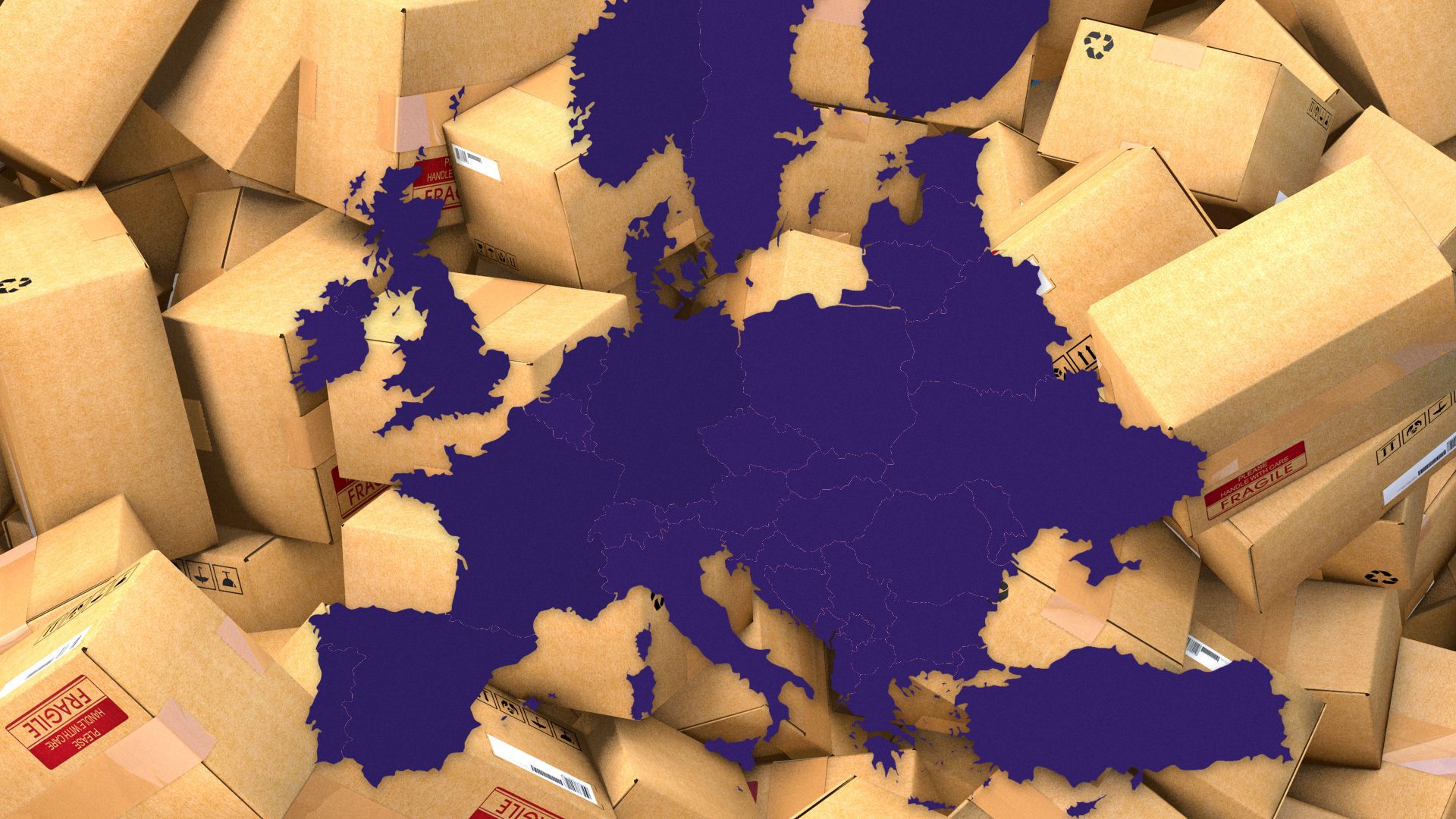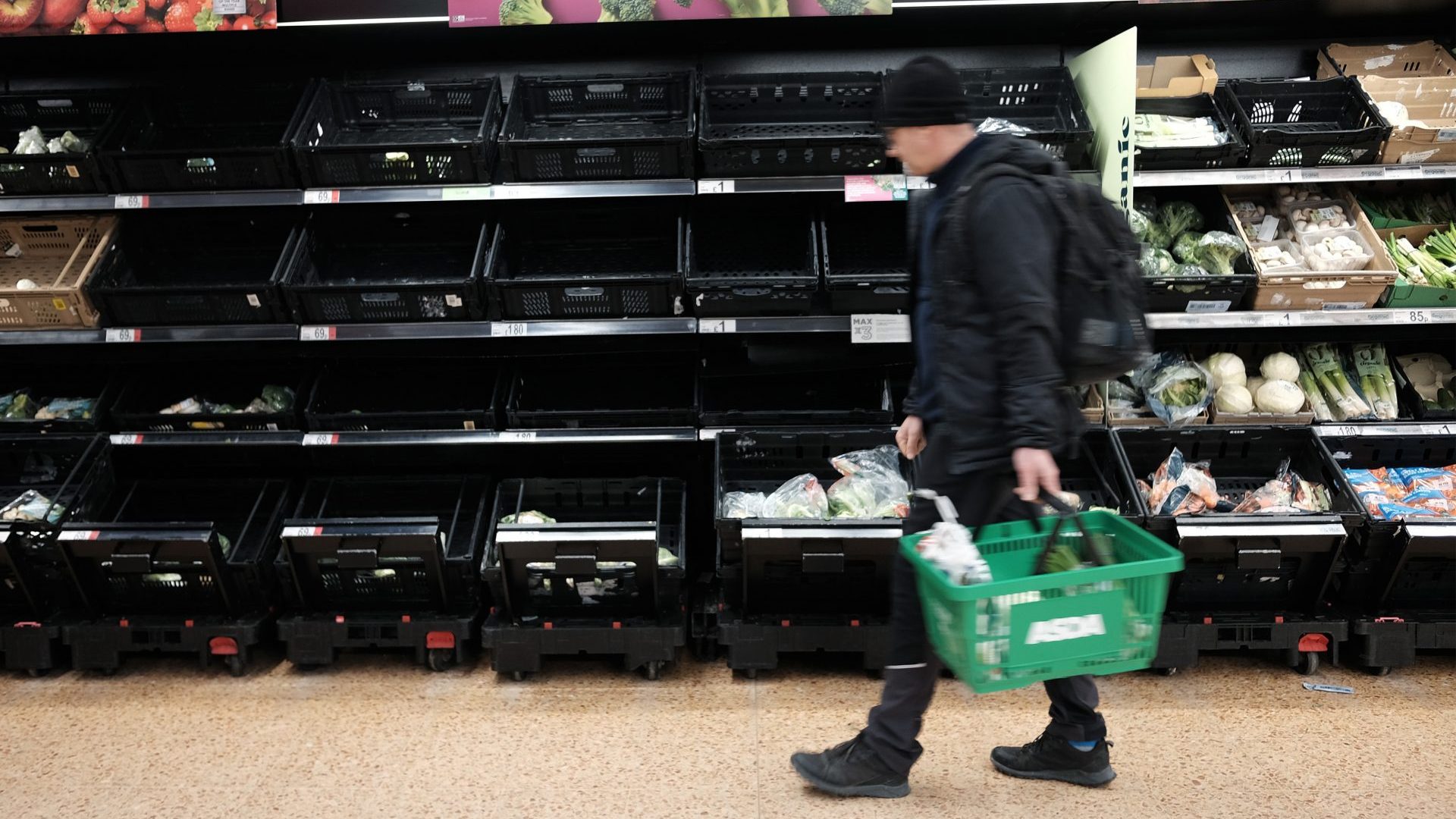To understand China’s 12-point statement on the Ukraine conflict, you have to imagine where it was written: in a vast marble hall, somewhere along Chang’An Avenue, where nobody has dared question anything they are told for 50 years.
As a result, twelve months into the war that will determine not just Ukraine’s future but China’s position in the 21st century, we are left having to interpret platitudes. “Universally recognised international law,” says the statement, “must be strictly observed”. The threat of nuclear weapons “should be opposed”. And so on.
But from out of this verbal drek, some meaning emerges: China’s communist billionaires are scared witless – of their own people, of the potential failure of the economic model, and of the foreign policy catastrophe they helped create.
The statement, effectively, tells Russia to make peace with Ukraine and orders the West to create a new security architecture in Europe that is acceptable to Russia. It tells the West to stop imposing sanctions beyond those imposed by the UN, and Russia to stop threatening grain supplies to the global south.
And then it gets to the point: “All parties should earnestly maintain the existing world economic system and oppose using the world economy as a tool or weapon for political purposes.” No matter how many tens of thousands of civilians you want to kill, says Beijing, economic globalisation must survive – because without it the Chinese development model is finished.
Unfortunately, that ship has sailed. Just over a year ago, Xi Jinping stood beaming alongside Vladimir Putin as they issued a joint declaration declaring the post-1945 world order to be finished. The “rules-based global order” is a fiction, they said. Universal rights no longer exist, only localised concepts of democracy and freedom, under which Xi’s China and Putin’s Russia could be defined as the most free and democratic societies in the world.
Within days of the declaration Putin began the invasion of Ukraine; within weeks China staged a major escalation of its military manoeuvres against Taiwan. It blocked, and continues to block, a UN resolution condemning the Russian invasion of Ukraine and is now, reportedly, considering the sale of arms to Putin’s failing military.
To come out now with a peace plan begging the West to return to a status quo ante bellum shows how badly the whole thing has blown up in Beijing’s face.
It’s obvious that Putin believed his own hype: that Ukrainians really wanted the invasion; that the West would be too divided to resist; that Western society itself is so decadent that people wouldn’t give a toss if his soliders systematically tortured, raped and murdered people.
What’s now clear is that Xi Jinping is equally addicted to his own hype. Because instead of standing back and saying “go ahead, take Ukraine, take Taiwan so long as it doesn’t disrupt the profit streams of big oil, big fashion and big finance,” the West called the bluff of the two dictators.
America and the EU froze $300 billion of Russia’s money overnight. They forced major brands, banks and petrochemical companies to abandon decades of investment in Russia. And Joe Biden then set America on the path to a new economic self-sufficiency, pouring billions into clean energy investment, decoupling the US from Chinese technology and shutting down Beijing’s access to foreign-made semiconductors.
Leave aside the sanctions and the aid Western countries have poured into Ukraine. This overt act of decoupling – which is underway in the US and UK but still contested inside the European Union – constitutes the strategic Western response.
It was Putin who chose to ramp up oil and gas prices, and to strangle the grain supply to millions of hungry people. It was Beijing who chose to help him, in the name of creating a “multipolar” world order in which force trumps international law. It was they, in short, who chose to game the system of economic globalisation in order to disrupt the legal and geopolitical order that had allowed it to flourish.
As I’ve written here before, we shouldn’t be surprised at this. There is a historical lawfulness to it: China is a rising economic power; the US is living through self-imposed decline and instability. As the Italian Marxist Antonio Gramsci wrote, in a similar interregnum in the 1930s: “The old world is dying, the new world struggles to be born, now is a time of monsters.”
The question for the West is not can it maintain what the Blair era called the “unipolar world”: unchallengeable US hegemony. It is how to maintain a multilateral global order, based on legally enforceable treaties, in a way that allows Russia to decline, China to emerge as a true world power, and the European Union to achieve a degree of autonomy from the US.
Unfortunately, with states like China, where there is not only an absence of democracy but an absence of challenge and critical thinking in the highest echelons, you have to shape their behaviour through actions rather than words.
The actions the West has taken – unilateral sanctions, arms supplies and the seizure of foreign exchange reserves – were not just designed to help Ukraine win. They were designed to show China what will happen if it, too, decides to make a similarly crazed leap by invading Taiwan.
There are strong signs that, alongside its emollient plea for a return to normal, China is prepared to begin arming Russia. In that case, Western countries must be prepared to up their own response, accelerating the decoupling of their economies from China, and countering Chinese soft power efforts within Western democracies.
Nobody in the West wants confrontation with China. The closer you get to Chinese reality – I have visited five times – the more you admire the achievements of the Chinese people, and the greatness of their civilisation. They have a lot to teach us.
But their rulers, closeted in their cavernous and semi-deserted ministries – you don’t need many people to run a dictatorship – have a lot to learn. Their first strategic gambit was a joint attempt to break up the post-1945 world order. It has already failed.




